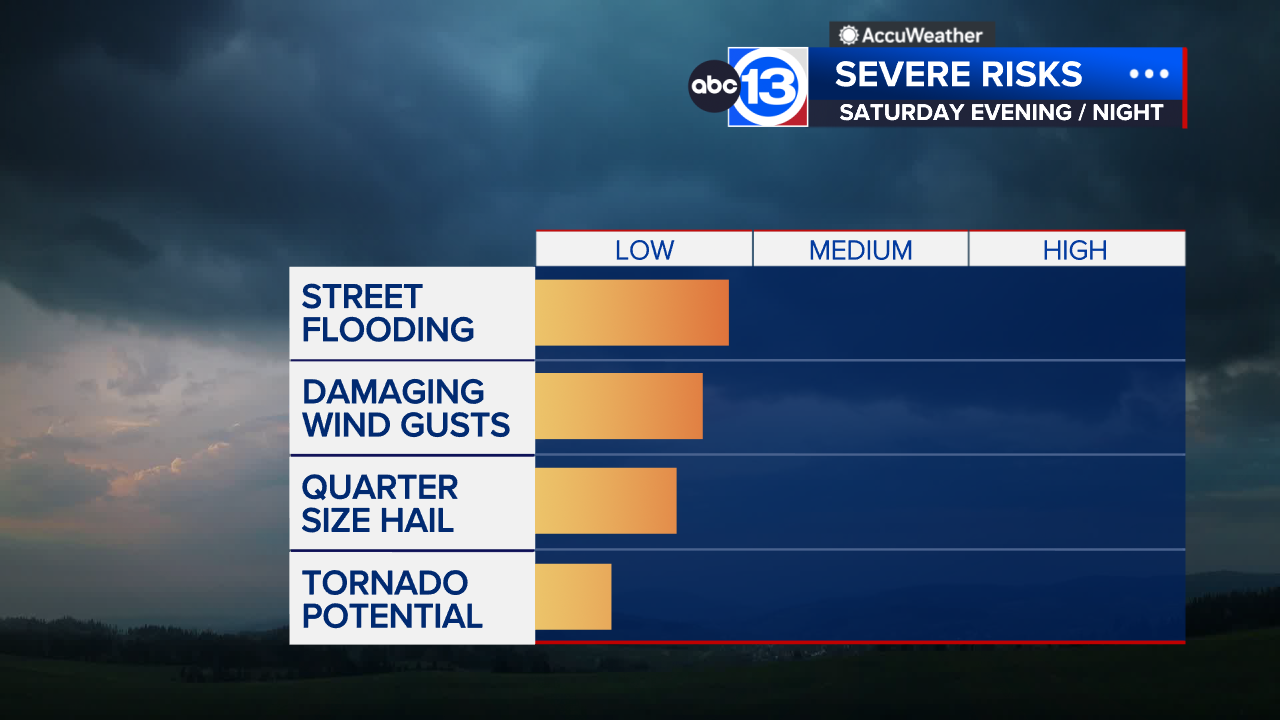'Love Hormone' Makes Dogs Man's Best Friend, Study Says

Turns out that dogs could have evolved into man's best friend thanks to the "love hormone" oxytocin, according to a new study.
Dogs given extra doses of oxytocin -- the same hormone linked to pair-bonding in humans -- were better at performing simple tasks, indicating they were better at "reading" their owners, according to a small new study published in the journal Animal Cognition.
Researchers from Monash University in Melbourne, Australia, studied 75 dogs over 12 months and gave them a nasal spray of oxytocin to see if the hormone had any affect on the dogs ability to complete simple tasks.
The hormone oxytocin is produced by all mammals and is linked to bonding.
The dogs given oxytocin were better able to complete simple tasks than those given a simple saline spray, the researchers found. The dogs' response to the hormone could offer important clues about how dogs evolved to become "man's best friend," researchers said.
"So my hypothesis is that over the course of domestication, something happened within the dog's brain that allowed them to understand human social cues," lead researcher Jessica Oliva told the Australian Broadcasting Corporation.
Dogs are better able to complete certain tasks than their ancestor, the grey wolf, even when the wolf is brought up in a domesticated setting, Oliva and other study authors said.
Researchers theorized that since both humans and dogs usually produce more oxytocin as they interact, the presence of the hormone indicates that dogs evolved into being the perfect human companion because that chemical bond allowed them to better "read" human commands.
The drug, which occurs naturally in the body, has been found to foster connection between humans, in addition to lowering blood pressure and other indications of physiological stress.
Paul Zak, a neuro-economist and professor of neurology at Loma Linda University in California, has studied how human oxytocin levels are impacted by dogs and said that the more people interact with dogs the more oxytocin they produce when greeting a new canine.
"I think first that dogs may be the best example of human beings being God," said Zak, who was not involved in the Australian study. "We created this almost perfect other social creature. They understand us and will always love us. Dogs are very empathetic and they have greater empathy."
Zak said the study was interesting step but hoped that the researchers would look at receptors in the dogs' brain next time and measure the actual oxytocin levels in their system.
Oxytocin "is one of the many signals in the brain that motivates social behaviors," he said. "The brain is much more complicated than one chemical."
Zak theorized it's likely dogs also had a high number of receptors because they were so empathetic and socialized, similar to humans.




